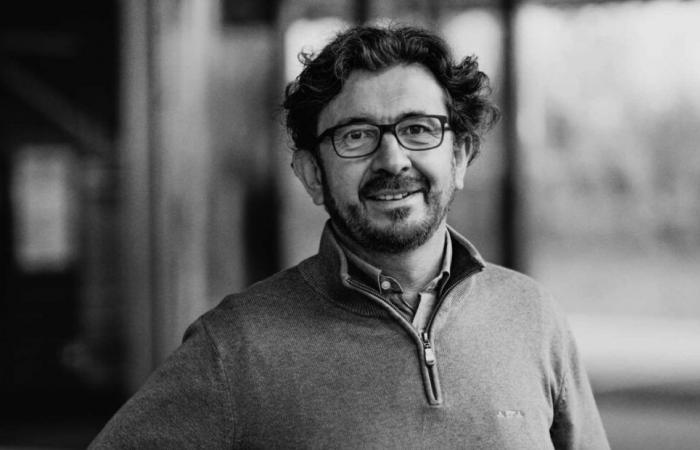1. Neolite: waste transformed into construction materials
Under the leadership of William Cruaud, Nicolas Cruaud and Clément Bénassy, Néolithe, established in Chalonnes-sur-Loire, in the department of Maine-et-Loire, has developed a patented technology. The company collects waste that many consider insoluble, non-recyclable. Thanks to its “fossilization” process, this start-up transforms industrial waste into aggregates intended for construction. The waste is finely ground to obtain a powder called Fossilisate. This powder, combined with water and mineral binders, solidifies without CO₂ emissions or heat.
At the end of the process, the aggregates are called “anthropocites”. Their physical properties are comparable to those of traditional quarry aggregates and reusable in construction. This process stands out for its reduced environmental impact and avoids landfilling or incineration of waste. At the end of 2023, the start-up raised 60 million euros to accelerate the deployment of fossilizers capable of processing up to 100,000 tonnes of waste per year. A guarantee of a bright future, Néolithe received the Coup de Cœur prize from the Future Unicorns Trophy in September 2024.
2. DualSun: optimize solar energy for maximum efficiency
DualSun innovates in the solar energy sector with its hybrid panels, capable of producing both electricity and hot water. This dual use makes it possible to maximize the use of available surfaces, particularly on the roofs of residential or commercial buildings. Energy efficiency is thus multiplied.
By combining these two types of energy, DualSun responds to the climate emergency by promoting greater energy autonomy for buildings. This solution is particularly suitable for densely populated areas, where space to install solar panels is often limited. In 2023, DualSun has equipped more than 5,000 buildings in France and internationally, and its panels offer up to 60% higher efficiency than traditional panels. The start-up has established itself as a major player in solar innovation, offering sustainable and efficient solutions for individuals and professionals.
3. Bump: electric mobility within reach
Founded in 2020 by François Oudot, Bump, based in Paris, is tackling a major challenge of the ecological transition: the massive deployment of charging stations for electric vehicles. Faced with the explosion in demand for infrastructure, Bump is focusing on the installation of fast and efficient terminals in urban areas and for businesses, in order to facilitate the transition to cleaner mobility.
Bump doesn't just provide charging stations. Its approach includes a turnkey service, from installation to management of terminals for businesses, thus optimizing the use of electric vehicles while reducing CO₂ emissions. The start-up aims to deploy 25,000 terminals by 2030, in alignment with the mobility orientation law, to achieve sustainable mobility in France.
4. Pyxo: putting an end to plastic waste
Pyxo is an innovative solution that fights against single-use plastic waste in the food industry. With its technological platform, it offers reusable, tracked containers for restaurateurs and large businesses. This technological approach simplifies the use of reusable containers by ensuring their return and efficient management.
Pyxo is part of a global fight against plastic pollution, by offering a solution that is both easy to use and scalable. With legislation becoming tougher against single-use plastics, Pyxo offers a practical and environmentally friendly response. The young company was selected by French Tech 120 in 2023 for its innovative impact and its growth potential in the fight against plastic pollution. The start-up was bought in 2024 by the French traceability expert, Ubi Solutions.
5. Sweetch Energy: osmotic energy, a revolution in progress
Founded by Bruno Mottet, Pascal Le Melinaire and Nicolas Heuzé, Sweetch Energy uses innovative technology based on osmotic energy. This process exploits the difference in salinity between fresh water and salt water to produce electricity. Unlike solar or wind, osmotic energy is continuous, making it a stable alternative to other renewable energies.
This technology has the potential to disrupt renewable energy production, particularly in coastal regions. By capturing an abundant and unexploited source of energy, Sweetch Energy could become a major player in the global energy transition.
“We firmly believe that osmotic energy can become a key asset in the fight against global warming, because it offers stable and renewable production without distorting the environment,” explains Nicolas Heuzé, co-founder.
Sweetch Energy has already installed its first power plants, and plans to produce gigawatts of green electricity in the years to come, without any carbon emissions. The company has the support of EDF for the development of its osmotic plants.






